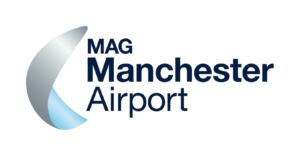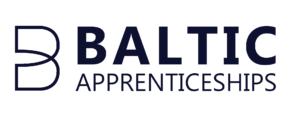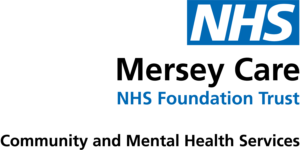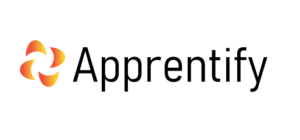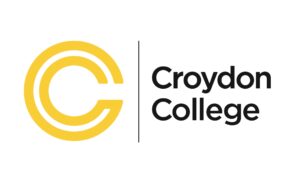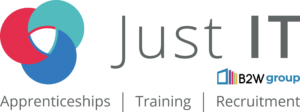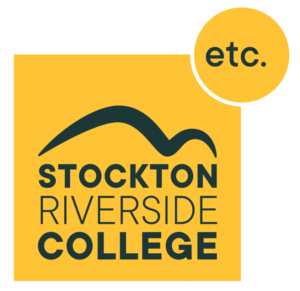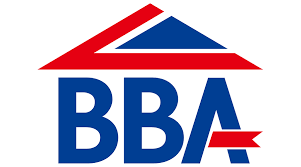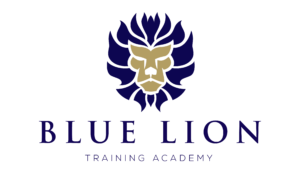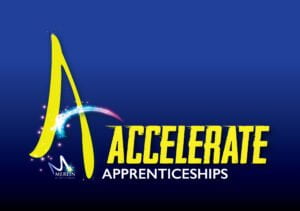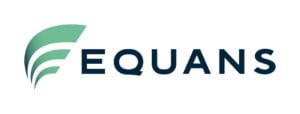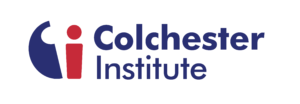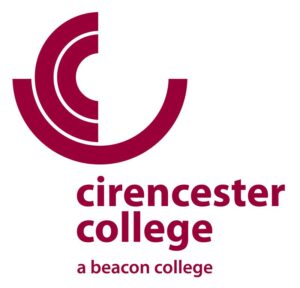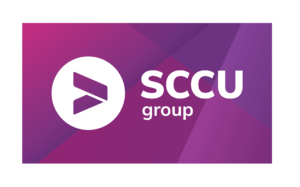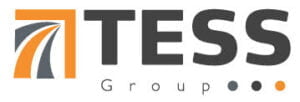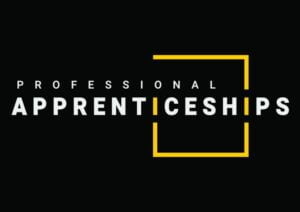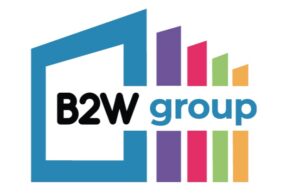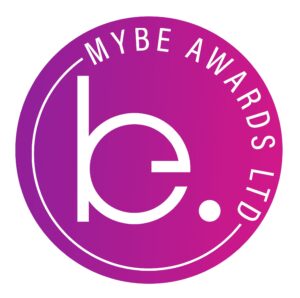Essential info for disabled apprentices
Support is available for disable apprentices while you learn and work. You are legally protected against discrimination and there is funding available to help with extra disability-related costs. We’ll take a look at some of the key questions and issues disabled apprentices face.
When should I tell people about my disability?
Ideally tell people as soon as possible. The earlier colleges, universities, training providers and employers know what you need, the easier and quicker it is to put the right support in place.
You might think the apprenticeship won’t present any barriers and decide not to say anything at the beginning. If you find there is a problem later, you should start by talking to the person in the organisation, college, university or training provider you feel most comfortable with.
If I tell one person about my disability, does it mean that everyone will know about it?
No. Under the General Data Protection Regulations your personal information should be kept private and confidential. However, it sometimes makes sense for other people to know in order for your support needs to be met. For example, if you need materials in large print, everyone who teaches or manages you will need to be aware of this.
It’s important that you talk with your tutor or line manager about who needs to know and how much they need to know.
What about if I’m asked about my disability on a health questionnaire?
Some apprenticeships, for example in health and social care, have ‘fitness to practise’ rules. You could be asked to fill in a health questionnaire to make sure you can carry out these roles. It’s best to give straight and honest answers to these questions. However, no one should assume that having a disability would make you unfit to practise. Colleges, universities, training providers and employers should focus on putting in place any support and reasonable adjustments you need to succeed with your apprenticeship.
Getting support
If you have a disability, you may need extra support to help you successfully complete your apprenticeship.
The legal definition of disability is very broad and includes specific learning difficulties such as dyslexia, medical conditions, visual or hearing impairments, and mental health conditions such as depression.
You don’t have to accept the word ‘disability’ as a label, but it’s important to remember that anyone can ask for help.
The college, university or training provider should take the lead in helping you. You might also need to discuss with your employer the best way of supporting you in the workplace.
How do I get support from the college, university or training provider?
All colleges, universities and most large training providers have staff members responsible for supporting disabled apprentices. They are usually called the Learning Support Adviser or Disability Adviser. You should be able to have a confidential discussion with them about your individual needs.
If you have an Education, Health and Care (EHC) plan, it can be shared with the college or university to help them provide the necessary support.
Support can include many different things, for example:
- specialist equipment, such as a voice-activated computer
- sign-language interpreters
- digital recorder for keeping notes
- extra tutorial help
- changing the height of desks
- providing handouts on different colour paper, or in a larger font
- allowing you extra time to complete any assessments or tests.
Under the Equality Act 2010, colleges, universities and training providers have to make reasonable adjustments for disabled apprentices. This means that, as well as not discriminating against you in the recruitment process, they’re expected to provide support and make changes to help you learn.
You may also be interested in this article: Reasonable Adjustments in EPA
Disabled Apprentice Network
Disability Rights UK has a number of projects and programmes designed to support the aspirations of disabled people in work, life and leisure. One of these is the Disabled Apprentice Network (DAN). This lively and friendly forum brings together disabled apprentices to champion improvements to apprenticeships for disabled people.
The DAN considers the barriers that might be faced, what makes apprenticeships successful and what employers can do to provide support. They share experiences, advise on key issues, suggest solutions and support the development of practical resources and toolkits. The Network meets monthly online for one hour.
If you are currently a disabled apprentice or have recently completed an apprenticeship, join the network to champion improvements to apprenticeships for disabled people.
For more information or to join the Network, please contact Rabia.lemahieu@disabilityrightsuk.org
Hear from apprentices who have joined the Disabled Apprentice Network. In this video apprentices talk about their experiences and highlights some of the benefits of doing an apprenticeship.
Adjustments to minimum Maths and English requirements
A part of any apprenticeship is achieving minimum levels of English and Maths qualifications. Following campaigning by disability organisations, including Disability Rights UK, if you have an Education, Health and Care (EHC) plan, and you have met all the other requirements of the apprenticeship, you can apply for an adjustment to the minimum standards that are required. This gives people with learning difficulties and disabilities an equal opportunity to gain the skills and experiences offered through apprenticeships.
The training provider will need to evidence that, even with support, reasonable adjustments and ‘stepping stone’ qualifications, you are not able to achieve the required minimum level of English or Maths because of your learning disability or difficulty.
What is the Equality Act?
The Equality Act 2010 is the law that protects people against discrimination. It covers all areas of becoming an apprentice including applying, training and employment. Colleges, universities, training providers and employers must not discriminate against you either directly or indirectly, or for any reason connected with your disability. They should make reasonable adjustments to make sure that you’re not disadvantaged during your course.
You’re also protected against harassment and victimisation. If you feel that you’ve been discriminated against, you can contact the Equality Advisory Support Service (EASS) for legal information and advice.
For more information: The Disability Rights UK Student Helpline can give you advice on informal ways to resolve the situation and how to make a complaint if necessary. Call 0330 995 0414 or email students@disabilityrightsuk.org
What happens to my benefits?
The amount of any means-tested benefits will be affected by your earnings as an apprentice. However, you may still be eligible for support such as Universal Credit, Housing Benefit or Council Tax Reduction if you’re on a low income. This is likely to be the case if you’re only earning the apprenticeship minimum wage.
Personal Independence Payment (PIP)
During your apprenticeship you should still receive your Personal Independence Payment (PIP). PIP has replaced Disability Living Allowance for people between the ages of 16 and 64. PIP is a non-means tested benefit for people who need help taking part in everyday life or find it difficult to get around. It is always paid on top of other benefits.
For more information: The Disability Rights UK Student Helpline can give you more information on the benefits you may be able to claim as a disabled apprentice. Call 0330 995 0414. You could also contact local advice agencies such as the Citizens Advice Bureau.

Information kindly provided by Disability Rights UK and shared with permission.



